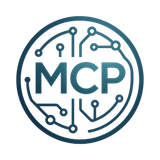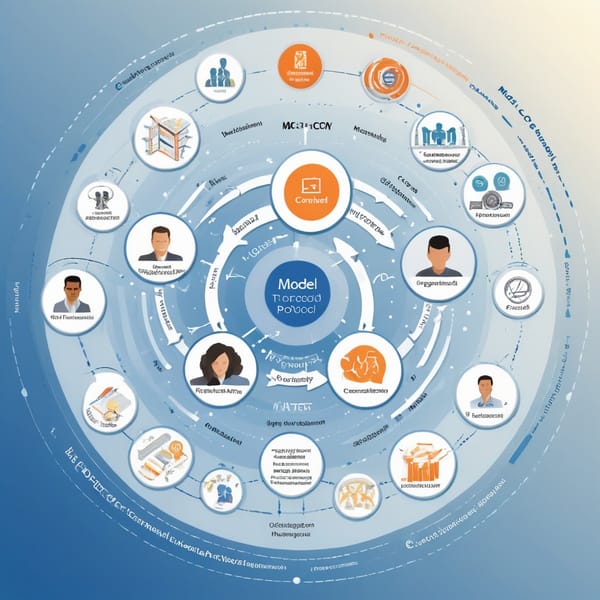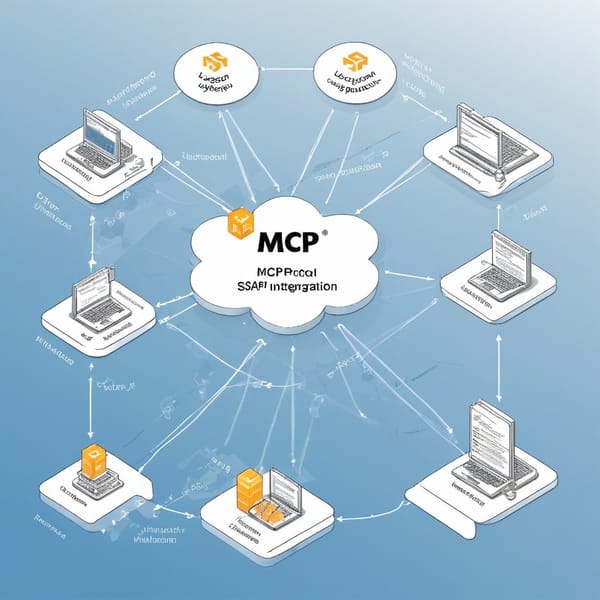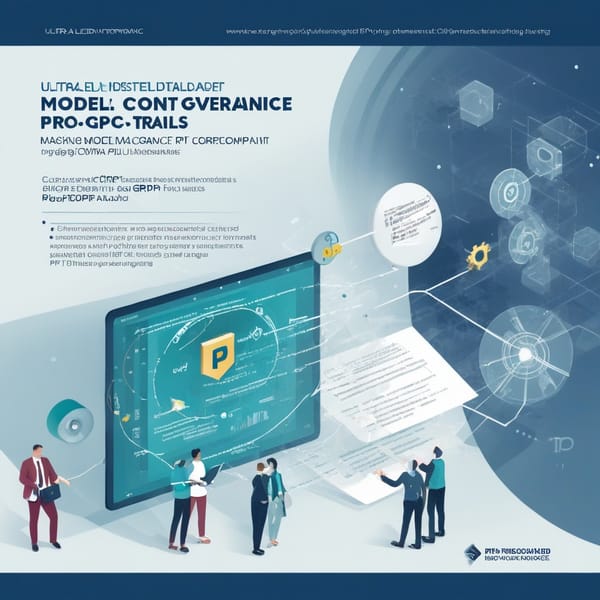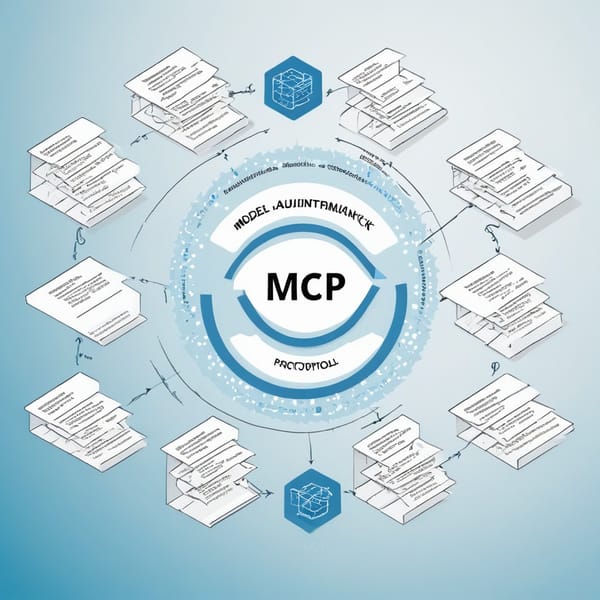Model Context Protocol (MCP) DeFi Framework: A Case Study on Token Distribution via Smart Contract Protocol Tools
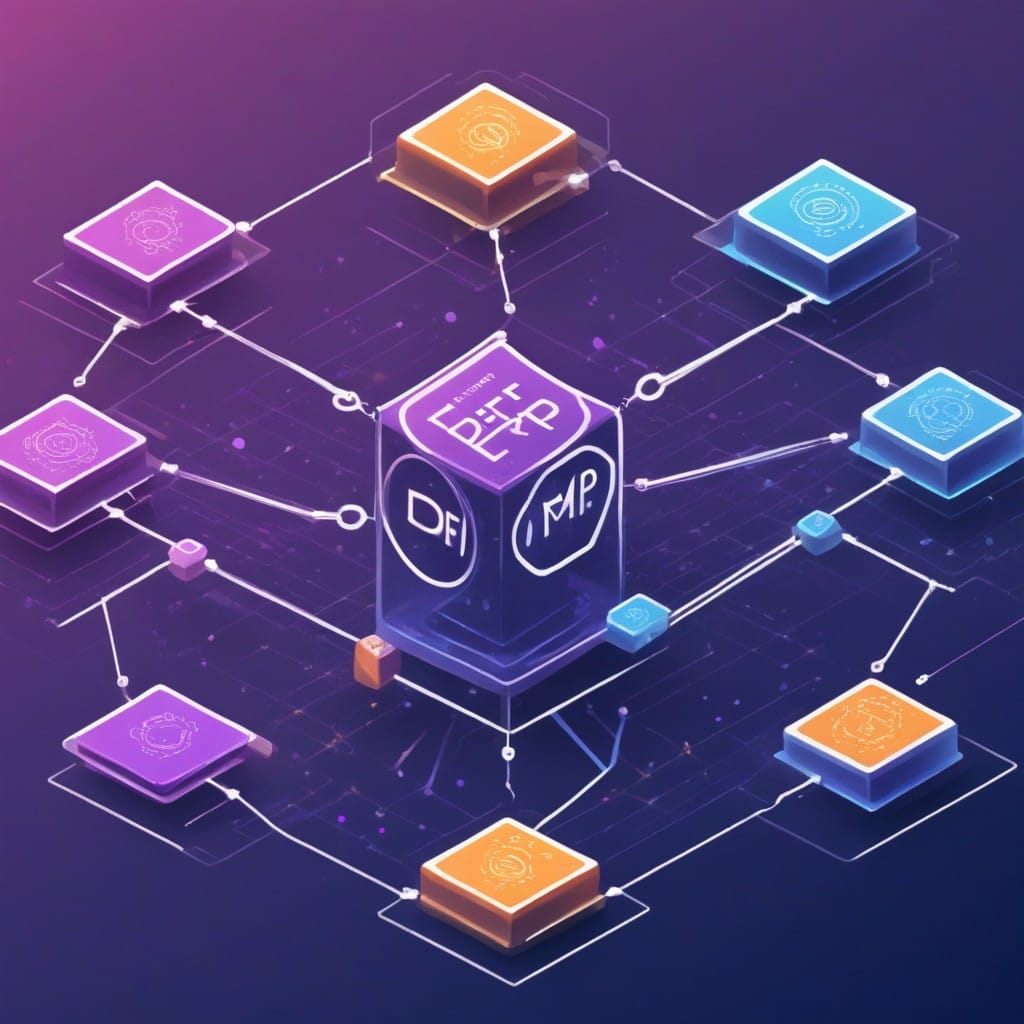
Project Overview
The Model Context Protocol (MCP) DeFi Framework is an innovative blockchain-based solution designed to streamline and automate token distribution through smart contract protocol tools. The project aimed to address inefficiencies in traditional token distribution models by leveraging decentralized finance (DeFi) principles, ensuring transparency, security, and scalability.
MCP’s primary objective was to create a robust framework for fair and automated token allocation, eliminating middlemen and reducing the risk of human error or manipulation. The protocol was built to support a wide range of use cases, including initial coin offerings (ICOs), decentralized autonomous organizations (DAOs), and staking reward distributions.
By integrating advanced smart contract functionalities, MCP enabled programmable tokenomics, allowing projects to customize distribution rules, vesting schedules, and governance mechanisms. This case study explores the challenges faced, the technical solutions implemented, and the outcomes achieved by the MCP DeFi Framework.
Challenges
- Centralized Token Distribution Risks – Traditional token distribution methods often rely on centralized entities, introducing risks such as mismanagement, fraud, and lack of transparency.
- Scalability Issues – Manual or semi-automated distribution models struggle to handle large-scale token allocations efficiently, leading to delays and errors.
- Smart Contract Vulnerabilities – Ensuring the security of smart contracts was critical, as exploits could lead to significant financial losses.
- Regulatory Compliance – Navigating evolving DeFi regulations while maintaining decentralization posed legal and operational challenges.
- User Adoption Barriers – Simplifying the user experience for non-technical participants was essential to drive adoption.
Solution
The MCP DeFi Framework introduced a fully automated, audited smart contract system to address these challenges:
- Decentralized & Trustless Distribution – Tokens were distributed via immutable smart contracts, removing reliance on third-party intermediaries.
- Modular Smart Contract Architecture – The framework allowed customizable distribution rules, including:
- Time-locked vesting schedules
- Dynamic allocation based on participation (e.g., staking, liquidity provision)
- Multi-signature governance for critical updates - Security-First Approach – Rigorous audits by third-party firms and bug bounty programs minimized vulnerabilities.
- Gas Optimization – The protocol incorporated layer-2 solutions and batch processing to reduce transaction costs.
- Compliance-Friendly Features – Optional KYC/AML integrations were provided for projects requiring regulatory adherence.
Tech Stack
The MCP DeFi Framework was built using cutting-edge blockchain technologies:
- Blockchain Platform: Ethereum (with compatibility for EVM chains like Polygon, Binance Smart Chain)
- Smart Contracts: Solidity (with OpenZeppelin libraries for security)
- Development Tools: Hardhat, Truffle, Ethers.js
- Security: CertiK & ConsenSys Diligence audits, Chainlink oracles for external data
- Frontend: React.js, Web3.js, MetaMask integration
- Scalability: Layer-2 solutions (Optimism, Arbitrum) for high-throughput transactions
- Governance: Snapshot for off-chain voting, DAO-based proposal mechanisms
Results
The implementation of the MCP DeFi Framework delivered significant outcomes:
- Efficiency: Reduced token distribution time by 90% compared to manual processes.
- Security: Zero major exploits post-audit, ensuring $50M+ in assets distributed securely.
- Adoption: Over 100 projects integrated MCP for fair launches and DAO governance.
- Cost Savings: Gas optimizations cut transaction fees by 40% for end-users.
- Regulatory Compliance: Successfully deployed for compliant token sales with KYC/AML checks.
Key Takeaways
- Automation Enhances Fairness – Smart contracts eliminate human bias, ensuring equitable token distribution.
- Security is Non-Negotiable – Rigorous audits and decentralized governance prevent exploits.
- Scalability Drives Adoption – Layer-2 integrations and modular design make the framework adaptable.
- Compliance Can Coexist with DeFi – Optional regulatory features enable broader enterprise adoption.
- Future-Proofing Tokenomics – MCP’s flexible architecture allows upgrades to meet evolving DeFi trends.
The Model Context Protocol (MCP) DeFi Framework demonstrates how smart contract-driven token distribution can revolutionize fairness, security, and efficiency in decentralized finance. As blockchain adoption grows, solutions like MCP will play a pivotal role in shaping the future of digital asset ecosystems.
